
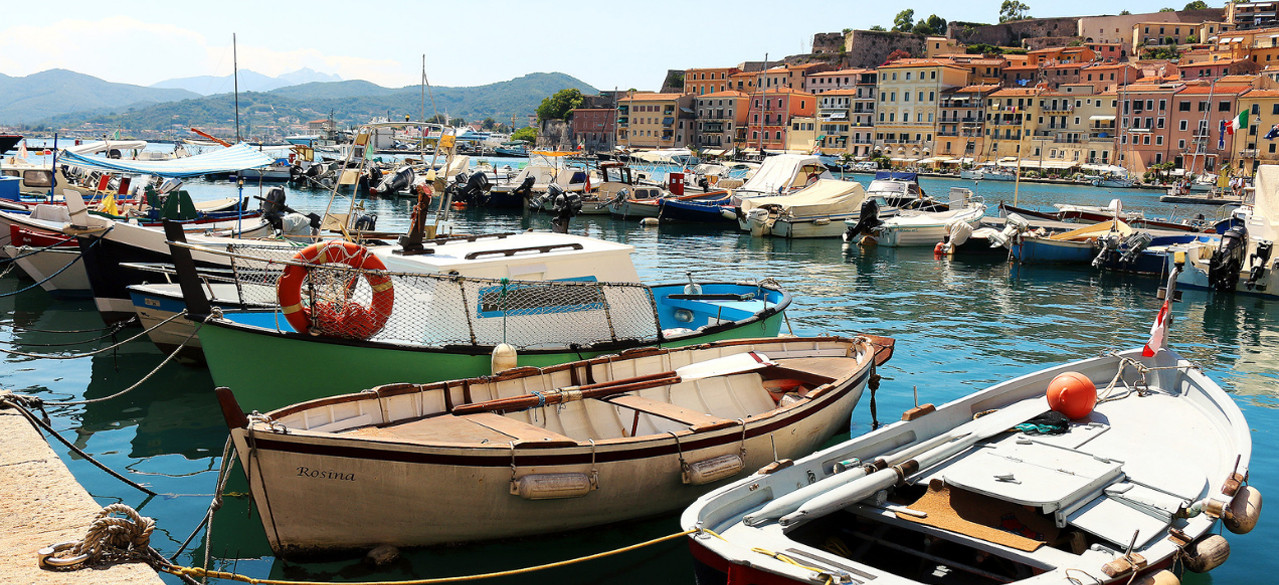
5 Things to Consider Before Retiring in Italy
17 Mar 2016 by Olga Brighton
Dreaming of retiring to the stunning Italian countryside? Spending weekends in exquisite places like Venice, Florence or Rome, walking along the shore of Adriatic, Ionian, Tyrrhenian or Mediterranean Seas every evening, enjoying the highest standards of low cost living and feeling at home – these are just a few reasons which motivate us to move to this beautiful country.
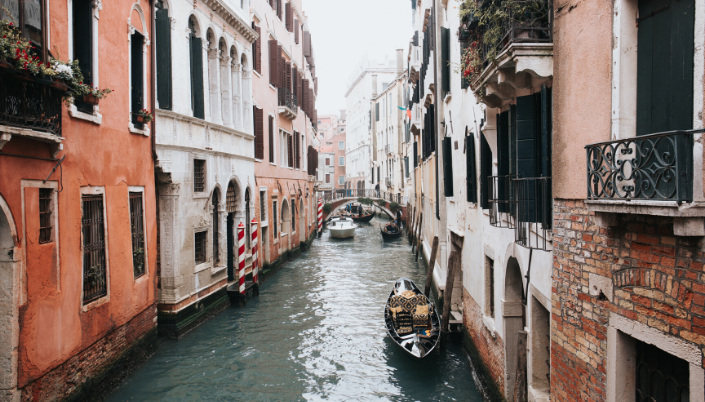
So if you have decided to retire in Italy, here are things you need to sort out before eventually moving to one of the most beautiful places in Europe.
Quick facts about Italy:
- Population: 61.14 million
- Number of British expats: 26,000
- Most popular areas for British expats: Rome, Milan, Florence and Naples
- Currency: Euro
- Official language: Italian
- Climate: Hot dry summers (with extremely high temperatures in the south) and cool wet winters (with snow in the north)
- Famous for: 50 of UNESCO World Heritage Sites
1. Visa Requirements
Citizens of the European Union do not need to obtain a visa to retire to Italy. However, it is required that once you have arrived to the country, you should register your presence with the local authorities. So, you should visit the nearest police headquarters (questura) and apply for a residency permit (permesso di soggiorno).
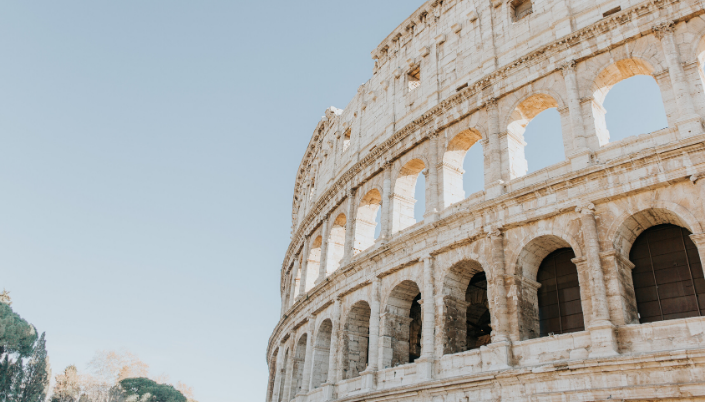
2. Pension Income
Whether you are coming from the United States or European Union, you need to find out if your pension provider will pay your income into an Italian bank account. If the answer is no, make sure you have a constant access to internet banking so that you can keep track of your funds wherever you are.
3. Healthcare
After you have received your residency permit, you will be able to apply for the National Health Scheme. UK expats should note that according to the agreement between Italy and the UK, you will have an access to free basic healthcare in Italy. Get registered with the local health authority (unita sanitaria locale) and you will obtain a personal health number; this number lets you register with a local doctor. Consider taking out a private health insurance to ensure you are taken care of should any problems arise.
Read also: Hospitals & Healthcare in Italy
4. The Cost of Living
Buying a property in Italy can be a complicated and expensive process, you should bear in mind that the price may sometimes be 16–19% higher than the marked price with all the additional costs, extra fees and taxes. If you have decided to purchase a house or an apartment, consider Tuscany or Umbria for more affordable prices.Italians shop locally and cook using only fresh ingredients, this is great for saving money so copy the Italian lifestyle.As for commodities, electricity can be rather expensive in Italy. If you really want to save on your bills, consider living in the south of the country and you will not normally need to heat your house for more than four months a year.
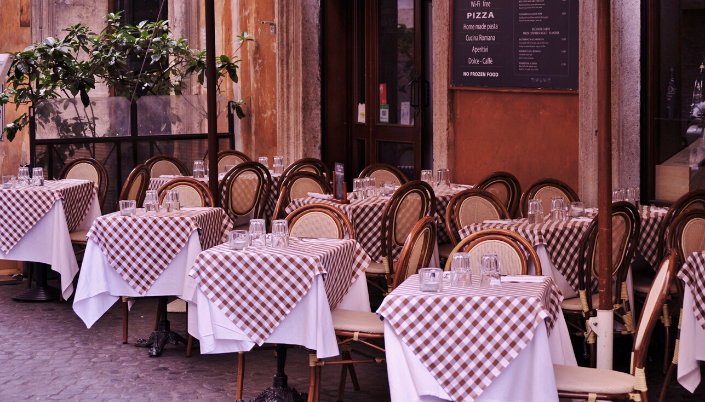
Approximate prices in Italy according to the NUMBEO statistics (updated December, 2019):
- Restaurants
Meal for 2 people, mid-range restaurant, three course – 50 €
- Transportation
Public transport monthly pass (regular price) – 35 €
- Utilities (Monthly)
Basic (electricity, heating, water, garbage) – 148.25 €
- Apartment price (to buy)
Price per square metre inside the city center – 3,380.12 €.Price per square metre outside of city center – 2,020.75 €.
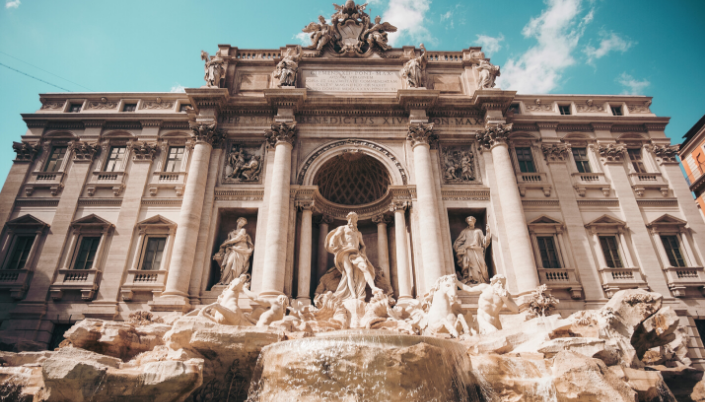
5. Important facts every UK expat should be aware of:
- Anyone from within the EU who is moving to Italy has to become a resident after three months of staying in the country;
- If you import a car to Italy, it needs to be registered within six months;
- When buying or renting an apartment, bear in mind that “unfurnished” means completely empty – sometimes with only a bathroom suite and/or a kitchen sink;
- Buying a property is a complicated process and there are usually several extra payments and taxes involved;
- You can save up to 90% on bank fees if you register with a service like Transferwise to send money between your UK and Italy accounts;
- English is not as commonly spoken as other EU countries so you’d better take some Italian courses before actually moving to Italy.
Useful Resource: FCO page on living in Italy
We accept

